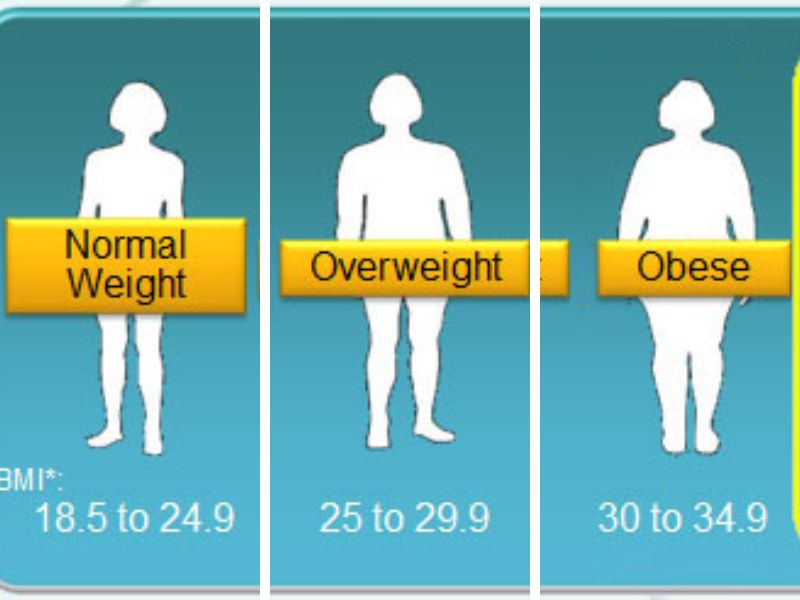Childhood obesity has become a prevalent health concern in recent years, leading to an alarming increase in young individuals struggling with excessive weight. As a result, more children and adolescents are considering bariatric surgeries as a viable option for weight loss. Parents need to ensure they are well-informed before deciding for their child, taking into account several key aspects. Here’s what they should consider.

Image Credit: Pexels/Annashvets & Pexels/Towfiqubarbhuiya
Evaluating Eligibility And Risks
Bariatric surgeries, such as gastric bypass and gastric sleeve procedures, are generally recommended for adolescents with severe obesity-related health issues who have not achieved significant weight loss through traditional methods. Parents should consult with a qualified healthcare professional to assess their child’s eligibility, considering factors such as age, physical maturity, and psychological readiness and understanding the potential benefits and inherent risks associated with the surgical procedure.
Comprehensive Pre- And Post-Surgery Support
For successful outcomes, bariatric surgery requires comprehensive pre-and post-operative care. Parents should ensure that their child has access to a multidisciplinary team of healthcare professionals, including a surgeon, nutritionist, psychologist, and exercise specialist. These professionals can guide the child through the necessary lifestyle changes, provide nutritional counseling, monitor progress, and address any psychological challenges that may arise during the weight loss journey.

Image Credit: Thiruthonti, CC BY-SA 4.0, via Wikimedia Commons
Long-Term Lifestyle Changes
Bariatric surgery is not a quick fix. Parents must recognize that it is a tool that can assist in weight loss, but long-term success hinges on the commitment to permanent lifestyle changes. Encouraging healthy eating habits, regular physical activity, and emotional support are paramount. Family involvement in these lifestyle changes can foster a supportive and positive environment for the child.
Mental And Emotional Well-Being
Mental and emotional challenges, such as low self-esteem and depression, often accompany childhood obesity. Parents must prioritize their child’s mental health, providing a safe space for open communication and seeking professional help if necessary. Support groups and counseling services can be valuable resources in addressing these emotional aspects of weight loss.